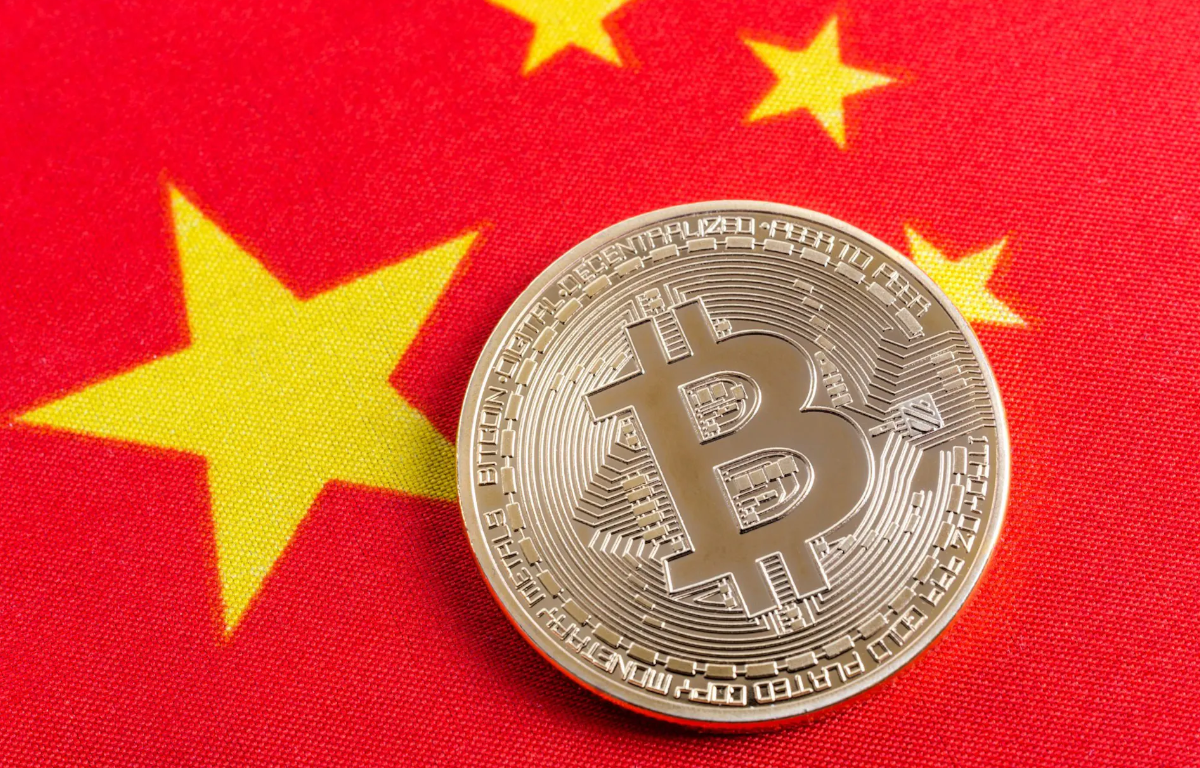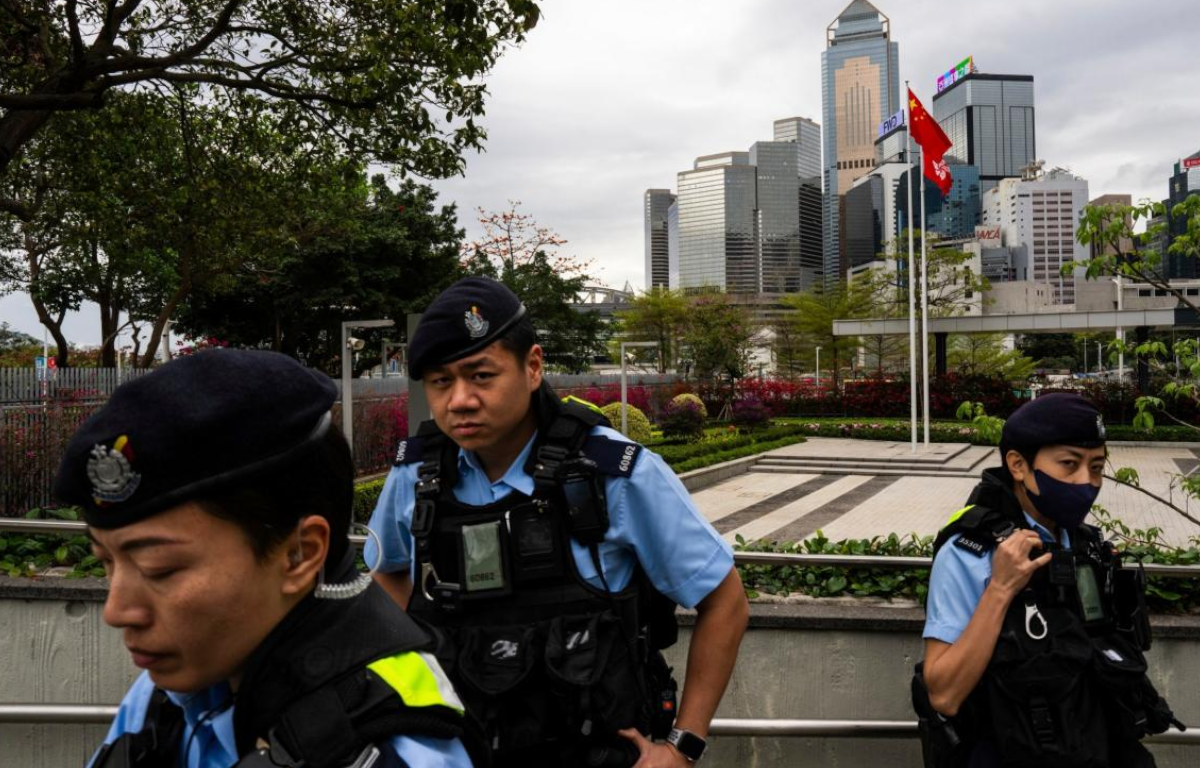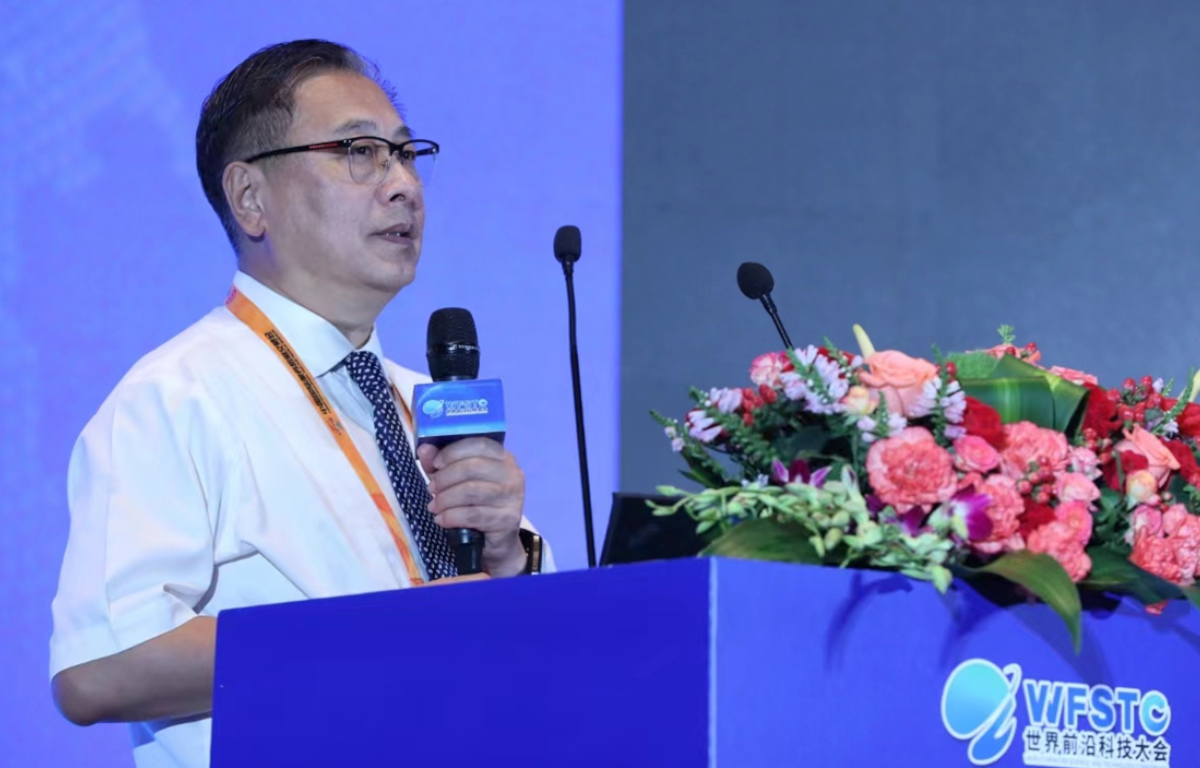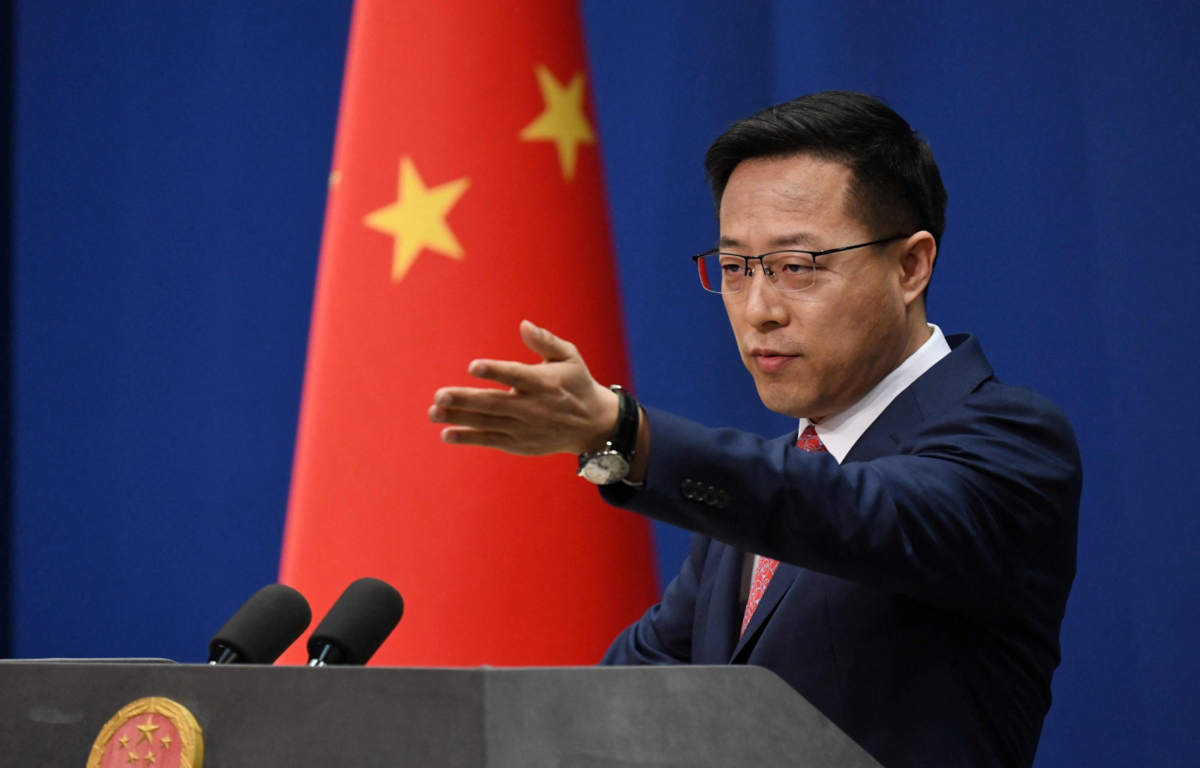
This move by the EU has prompted strong reactions from China, highlighting the complexities and sensitivities surrounding international trade, environmental policies, and economic competition in the context of global efforts to address climate change.
The EU’s investigation centers on subsidies that China reportedly provides to its renewable energy and electric vehicle industries, as well as other sectors related to green technologies. The EU argues that these subsidies may distort competition and violate international trade rules, particularly under the World Trade Organization (WTO) framework.
China has responded with protests against the EU’s probe, expressing concerns about the potential impact on bilateral trade relations and cooperation in addressing climate change. China has emphasized its commitment to promoting green industries and transitioning towards a low-carbon economy, highlighting the importance of government support and investment in achieving environmental goals.
The dispute between China and the EU reflects broader tensions and complexities in global efforts to balance economic development, environmental sustainability, and international trade regulations. As countries strive to meet ambitious climate targets and transition to cleaner energy sources, issues such as government subsidies, market access, and fair competition become increasingly contentious.
The EU’s investigation into Chinese subsidies also underscores the challenges faced by policymakers in navigating the intersection of trade, environmental protection, and economic development. Balancing the need for environmental incentives and support for green industries with concerns about market distortions and unfair competition requires careful deliberation and collaboration among stakeholders.
Moreover, the dispute highlights the interconnectedness of global supply chains and the interdependence of economies in the context of green technologies and renewable energy. As countries seek to accelerate the transition to a sustainable and low-carbon future, cooperation, transparency, and dialogue are essential to address trade-related challenges and foster a level playing field for businesses.
Efforts to address the concerns raised by the EU’s investigation will likely involve diplomatic negotiations, consultations, and potentially, dispute resolution mechanisms under the WTO. Finding mutually acceptable solutions that promote fair competition, uphold international trade rules, and advance environmental objectives will require constructive engagement and a willingness to address the complexities of the issues at hand.










Share this: